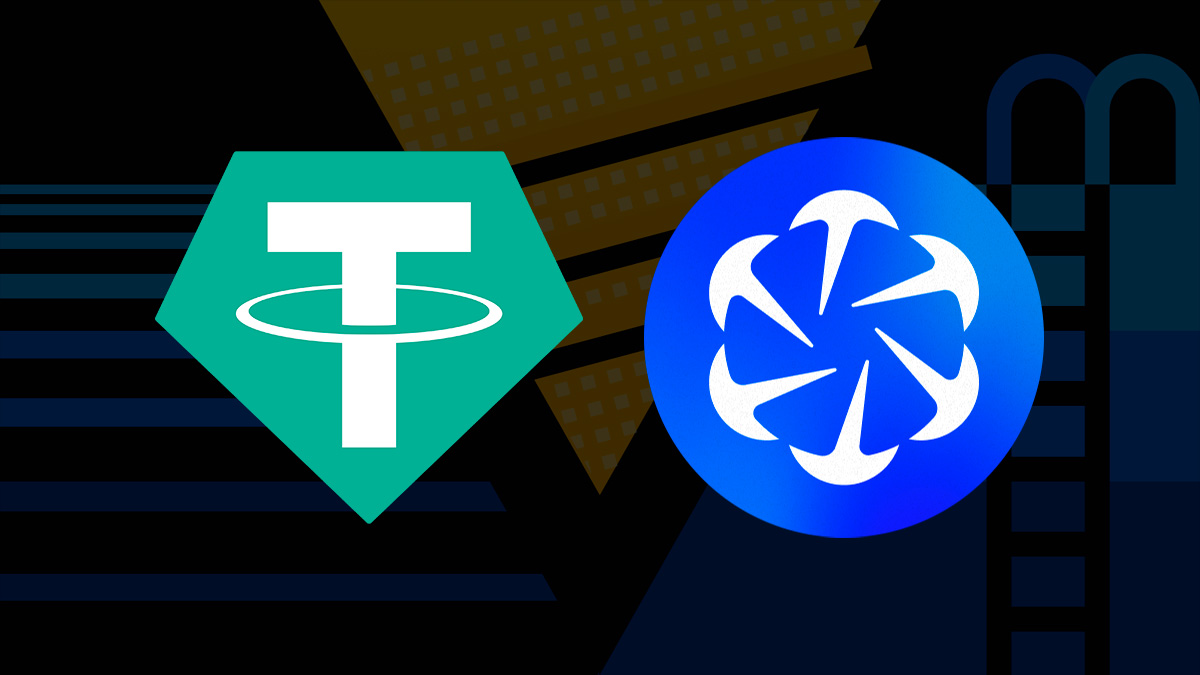Tether Shifts Bitcoin Mining Power to OCEAN: A Leap Towards Decentralization
In a recent move that’s sending ripples through the Bitcoin mining community, Tether, the world’s largest stablecoin issuer, has announced its decision to shift a significant portion of its mining power to the OCEAN pool. This strategic move underscores Tether’s commitment to decentralization and reducing reliance on traditional mining intermediaries.
What is the OCEAN pool?
The OCEAN pool, a decentralized autonomous organization (DAO), operates under the Ocean Protocol umbrella. Ocean Protocol is an open-source platform that aims to create a decentralized marketplace for data and computational services. The OCEAN pool, in particular, is a decentralized mining pool where miners can earn OCEAN tokens as rewards for their contributions.
Why the shift to OCEAN?
According to Tether, this shift is driven by the DATUM Gateway protocol, which is used by the OCEAN pool. The DATUM Gateway protocol ensures robust performance in low-bandwidth areas, a crucial factor for Tether as it operates in various jurisdictions with varying internet infrastructures. Furthermore, this deployment grants miners the freedom to craft their own block templates, enabling a more decentralized mining process.
Impact on the Mining Community
The mining community is abuzz with this development, as it could potentially lead to a more democratic and decentralized mining landscape. This shift may encourage other mining entities to follow suit, further reducing the reliance on traditional mining intermediaries. Additionally, miners in regions with poor internet connectivity may find this more appealing, as the DATUM Gateway protocol enables mining in areas where it was previously challenging.
Global Implications
Beyond the mining community, this move could have far-reaching implications. By embracing decentralized mining pools like the OCEAN pool, Tether is aligning itself with the broader shift towards decentralized technologies. This could potentially lead to increased trust and adoption of stablecoins like Tether in various industries, as well as increased interest in decentralized finance (DeFi) solutions.
Moreover, this move could spur innovation in the blockchain space, as other projects and organizations may be inspired by Tether’s decision. The potential for more decentralized mining pools and decentralized marketplaces for computational services could lead to a more robust and resilient blockchain ecosystem.
Conclusion
Tether’s decision to shift a portion of its Bitcoin mining power to the OCEAN pool represents a significant step towards decentralization and reduces reliance on traditional mining intermediaries. Leveraging the DATUM Gateway protocol, Tether is able to maintain robust performance even in areas with poor internet connectivity, while granting miners the freedom to craft their own block templates. This move could potentially lead to a more democratic and decentralized mining landscape, with far-reaching implications for the mining community and beyond.
- Tether shifts mining power to OCEAN pool
- Embraces decentralized mining pools
- Robust performance in low-bandwidth areas
- Freedom for miners to craft block templates
- Potential for more decentralized mining landscape
- Implications for mining community and beyond





